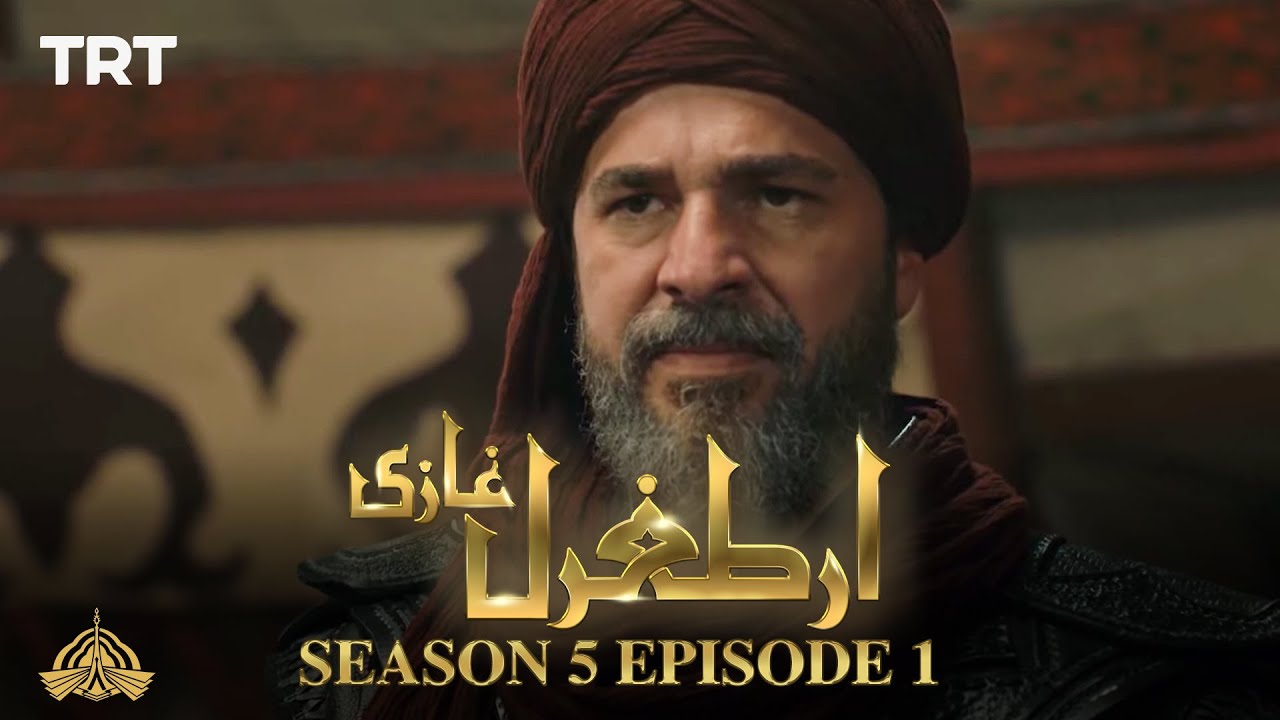In an era filled with repetitive soap operas and surface-level drama, Diriliş: Ertuğrul (Resurrection: Ertuğrul) emerged as a game-changer in global television—especially in the Muslim world. Known popularly as Ertuğrul Ghazi in South Asia, the show became more than just entertainment. It inspired a generation seeking identity, purpose, and heroes rooted in faith and history. Through its powerful storytelling, it offered an alternative to Western-dominated media, reintroducing Muslim audiences to their forgotten legacy.

2. A Brief History and Production Overview

Diriliş: Ertuğrul was created by Mehmet Bozdağ and directed by Metin Günay. It aired in Turkey from December 2014 to May 2019, running for five full seasons. The show is set in the 13th century and follows the life of Ertuğrul Bey, the father of Osman I, the founder of the Ottoman Empire.
Filmed on a grand scale with hundreds of extras, trained horses, period costumes, and large battle scenes, the series was a huge production. The entire set was constructed like a living village, adding authenticity and depth to the visuals.
3. Cinematic Brilliance: Crafting a Visual Epic
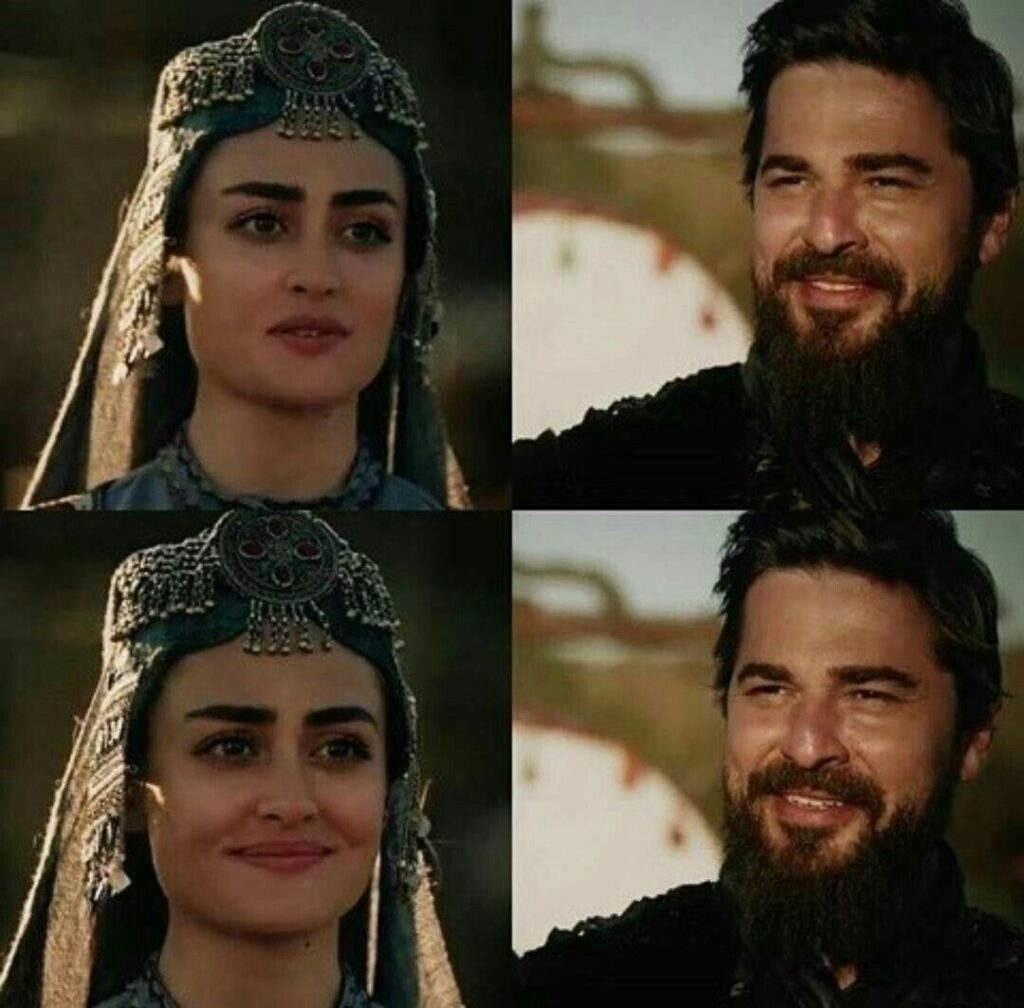
One of the most striking aspects of Ertuğrul Ghazi is its cinematic quality. Unlike traditional dramas, the show uses sprawling landscapes, dramatic battle sequences, and period-accurate costumes to bring history to life. The intense close-ups, wide shots of cavalry rides, and emotionally charged dialogues create a theater-like experience on screen.
Everything from the soundtrack to lighting adds to the drama’s epic feel. This is not just television—it’s cinema, repackaged for weekly viewing.
4. Characters That Echo Through Tim
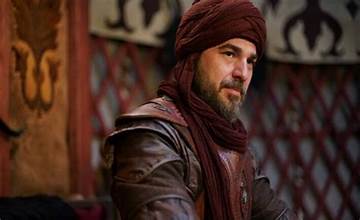
At the heart of Ertuğrul Ghazi are characters that leave a lasting impression.
- Ertuğrul Bey, played by Engin Altan Düzyatan, is portrayed as the ideal Muslim leader—brave, just, spiritual, and wise.
- Halime Sultan, his wife, represents strength, dignity, and devotion.
- The Alps—Turgut, Bamsi, and Doğan—are symbols of brotherhood, loyalty, and courage.
- Ibn Arabi, the Sufi mystic, adds spiritual depth and serves as a guiding light throughout the series.
Each character plays a crucial role in shaping the narrative and delivering life lessons grounded in Islamic principles.
5. A Narrative of Morality, Faith, and Resilience

Unlike many modern series that blur the lines between good and evil, Ertuğrul Ghazi draws a clear line. The show is deeply rooted in Islamic values. It promotes justice, patience, faith in Allah, and the importance of unity and loyalty.
Ertuğrul constantly faces betrayal, political games, and military threats, yet he stands firm on his beliefs. The show repeatedly emphasizes that true power comes from Allah, and that trials are part of a believer’s journey.
6. Recognition and Awards
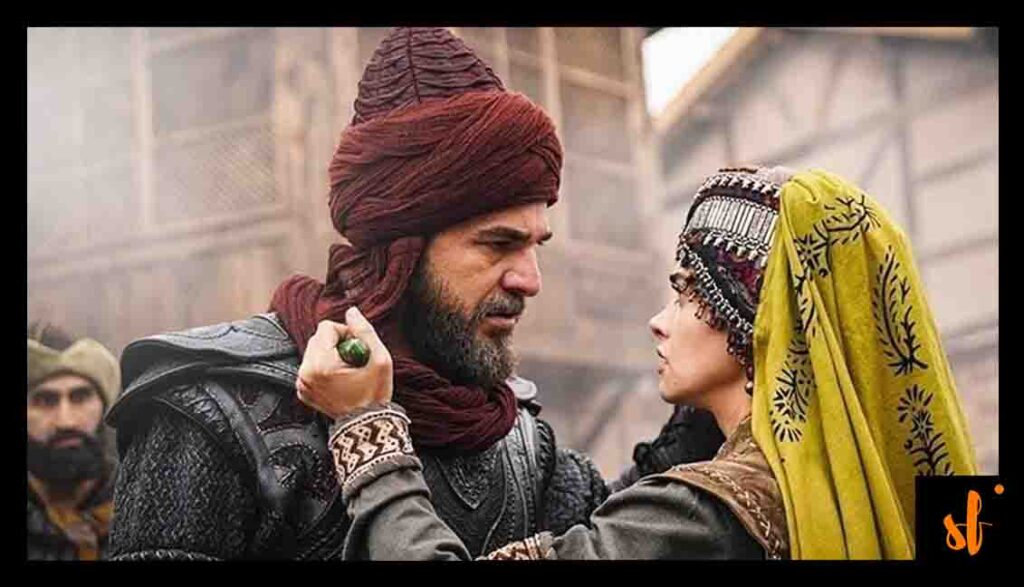
The series received widespread acclaim, both domestically and internationally. It won dozens of awards for best actor, direction, music, and cinematography. Engin Altan Düzyatan’s portrayal of Ertuğrul was especially praised for bringing emotional depth and credibility to the role.
The popularity of the series also led to numerous academic discussions and research articles on its cultural and ideological impact in the Muslim world.
Read more about “Eşref Rüya” – A Dream of Love, Power & Betrayal
7. Pakistan’s Obsession: Cultural Phenomenon in the Making

When Ertuğrul Ghazi was dubbed in Urdu and aired on PTV in 2020 during Ramadan, it became a national sensation in Pakistan. The Prime Minister himself endorsed the show, recommending it for its Islamic values and historical depth.
The show’s fan base in Pakistan exploded. From memes and merchandise to Ertuğrul-themed cafes and clothing, the cultural impact was massive. Turkish actors from the series became household names overnight, and some even visited Pakistan to meet their fans.
It wasn’t just a TV show anymore—it was a movement, a revival of historical pride.
8. Education, Identity, and Youth Influence
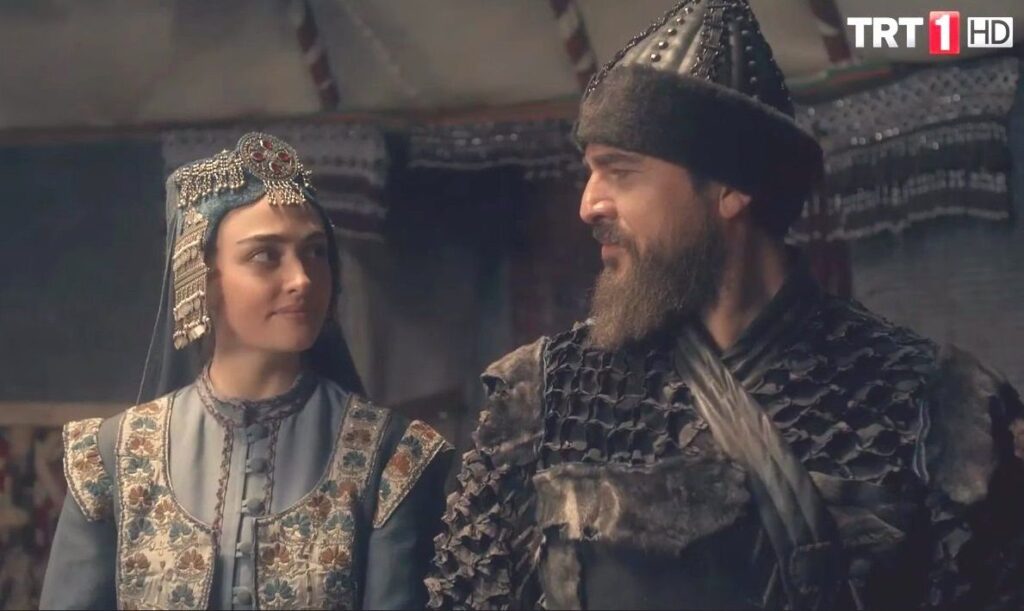
One of the most powerful outcomes of the series was its impact on young viewers. University students, teenagers, and even children began showing interest in Islamic history, Ottoman heritage, and the lives of real Muslim heroes.
Many viewers reported that the show inspired them to reconnect with their religious and cultural roots. It instilled values like discipline, respect, and the pursuit of justice. Schools and colleges even held discussions and debates on the historical figures featured in the show.
9. Islamic Soft Power and Political Symbolism

The rise of Ertuğrul Ghazi is also linked to the use of media as a tool for soft power. Turkey, under President Erdogan, has actively promoted such series as a way to project Islamic and Ottoman influence globally.
For countries like Pakistan, which share cultural and religious ties with Turkey, this alignment was natural. The series subtly promotes ideas of unity among Muslim nations, challenging Western narratives that often misrepresent Islamic history.
This cultural diplomacy has been so effective that it is now considered one of Turkey’s most successful exports in recent years.
10. Criticism and Controversy
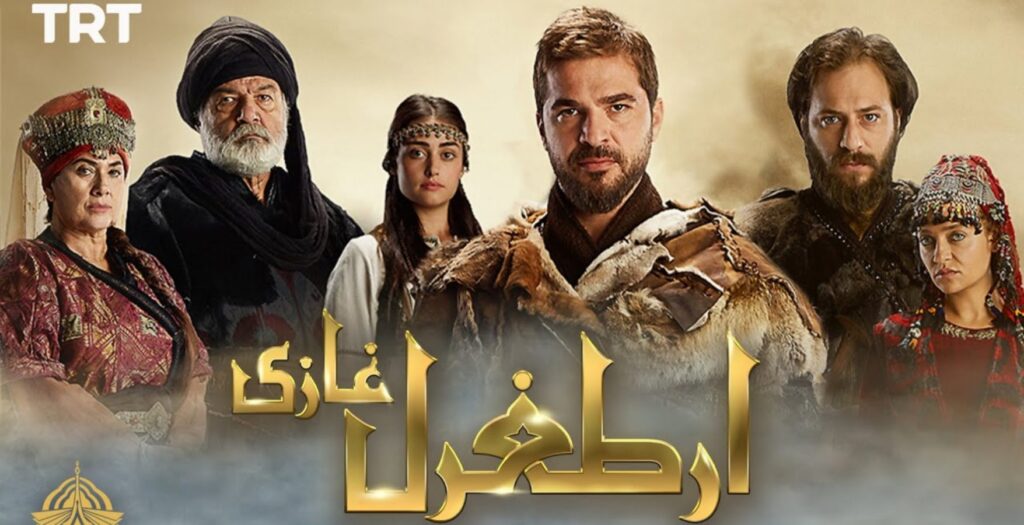
Despite its massive popularity, Ertuğrul Ghazi hasn’t been free of criticism. Some intellectuals in Pakistan questioned the glorification of violence and historical revisionism. Others expressed concerns that foreign shows were overshadowing local talent and production houses.
Yet, most viewers saw the show as a breath of fresh air—a series that finally showcased Muslim heroes in a dignified and powerful light. Even critics acknowledged the quality of the production and the sincerity of its message.
11. Lasting Legacy: A Modern Classic
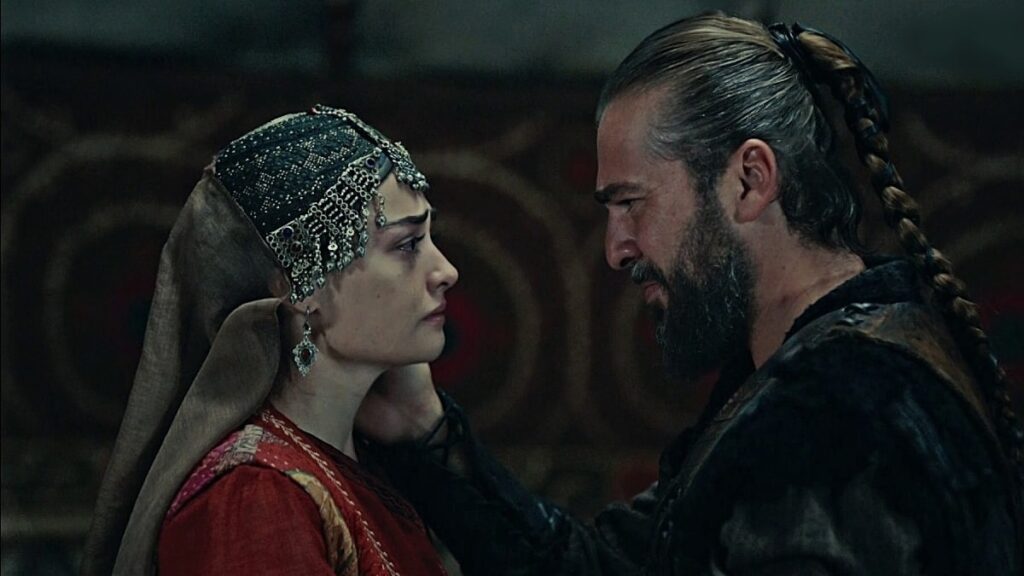
Even after its final season, Diriliş: Ertuğrul continues to trend on streaming platforms and social media. It has become a benchmark for Muslim-oriented storytelling—a standard that future historical series will be compared to.
It offered a rare combination of action, spirituality, romance, and political intrigue, all wrapped in a historical framework. But more than anything, it gave audiences a sense of pride—a reminder that their history is rich, inspiring, and deeply relevant.
12. Final Thoughts
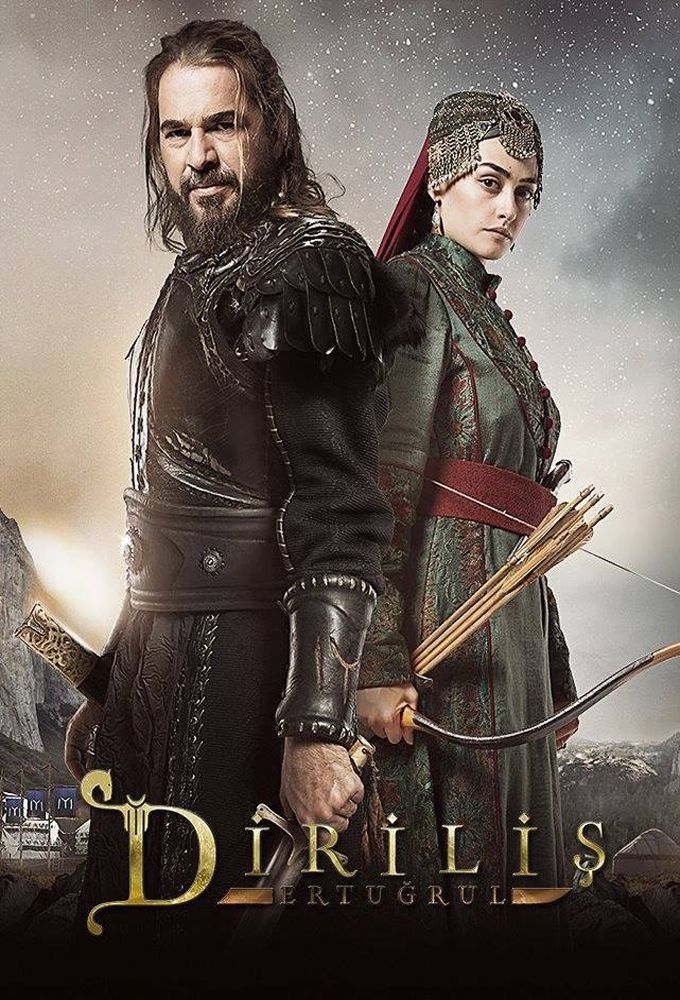
Ertuğrul Ghazi is more than just a TV series. It’s a symbol of resistance against cultural erasure, a tribute to timeless values, and a tool for education. It has redefined what historical dramas can achieve—not just in Turkey or Pakistan, but across the entire Muslim world.
For those who crave stories of honor, courage, and faith, this series is a must-watch. It doesn’t just depict history—it revives it.

